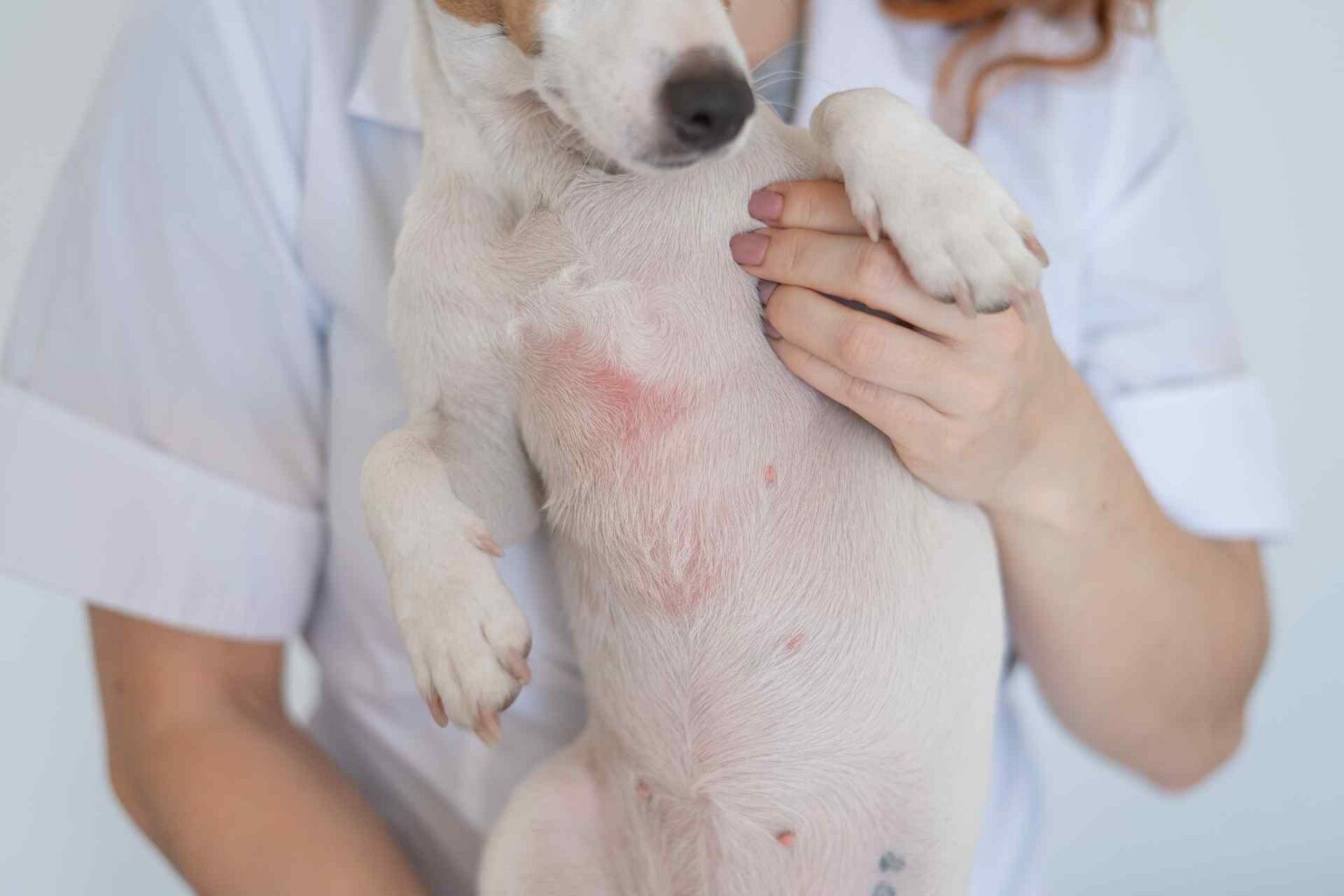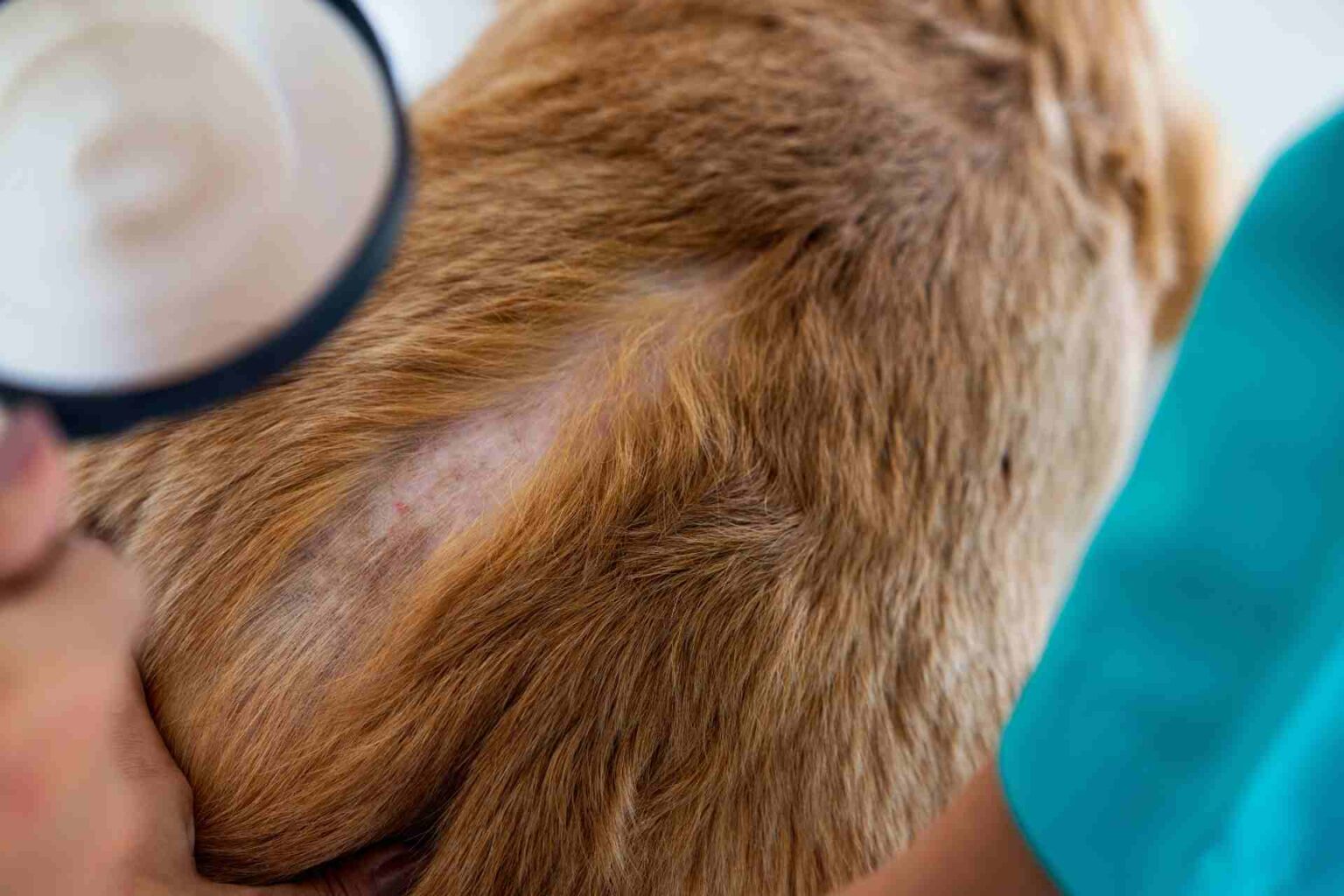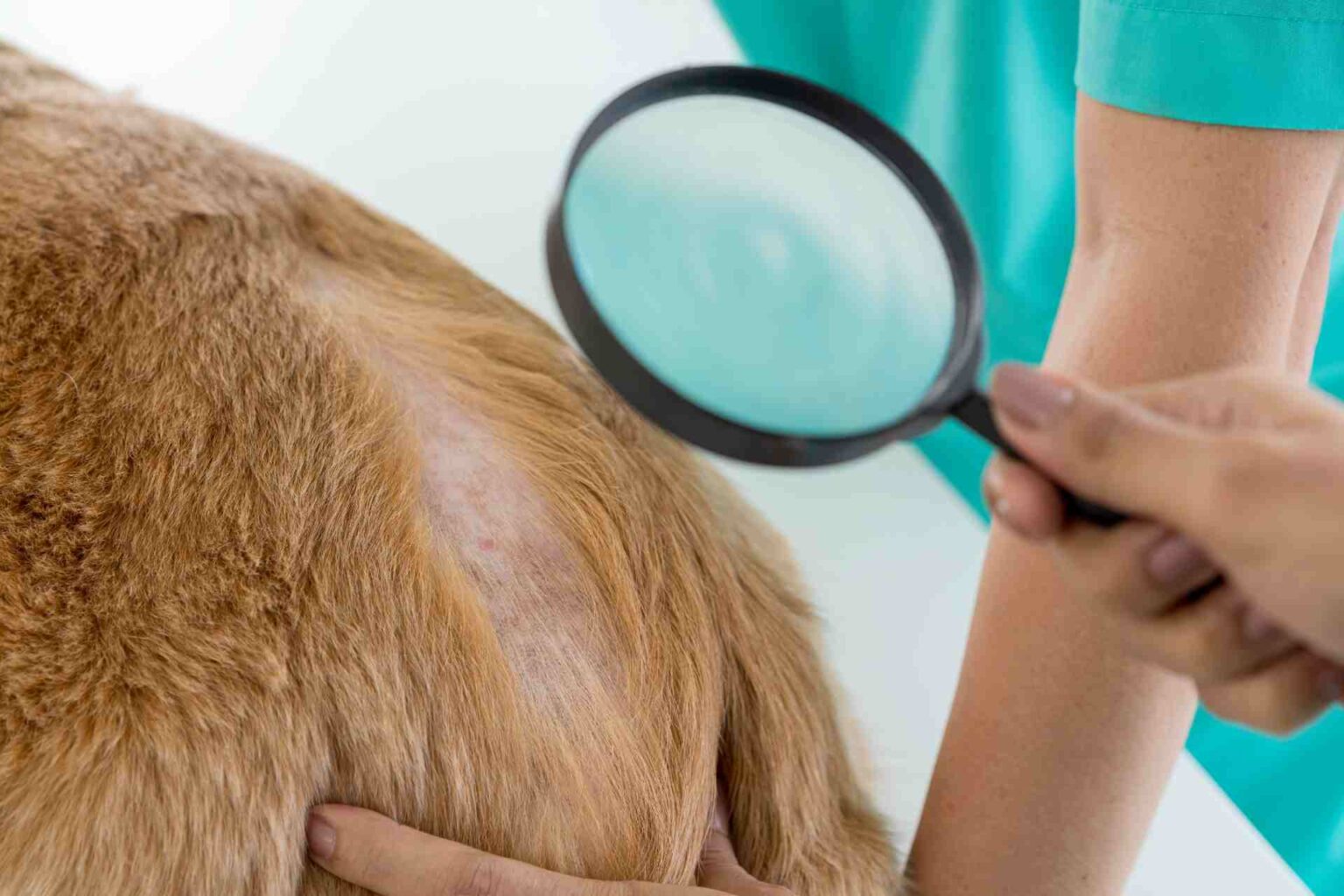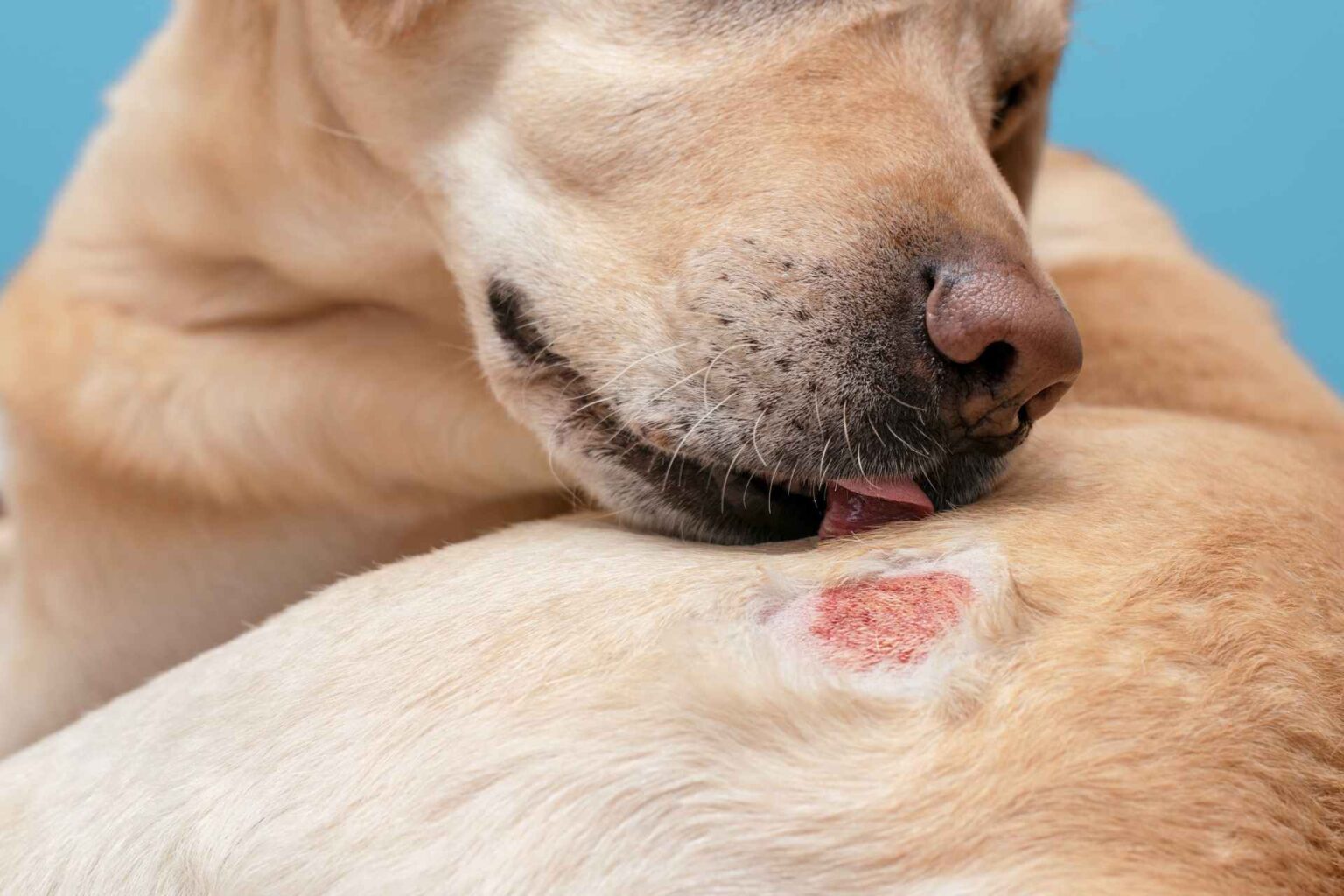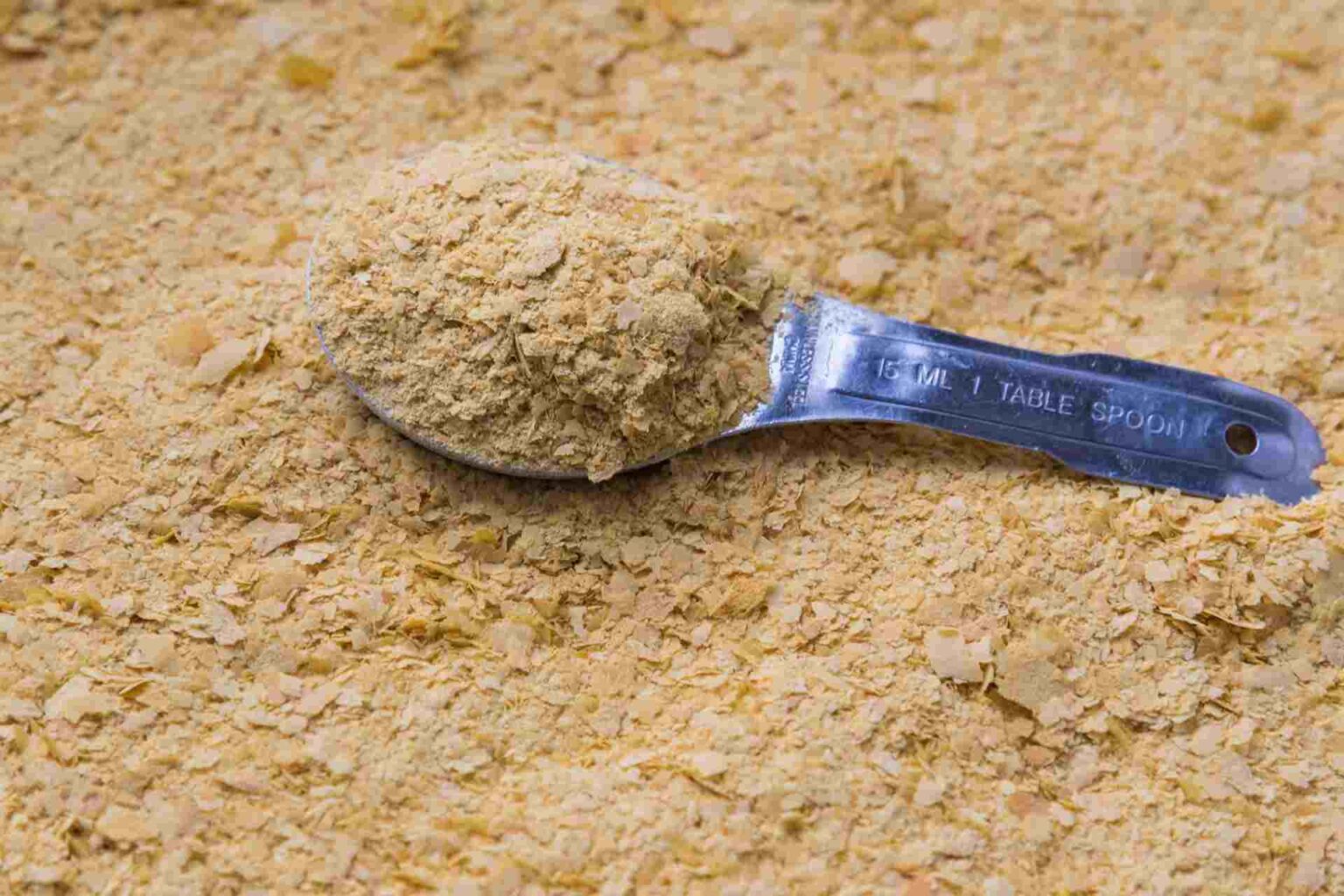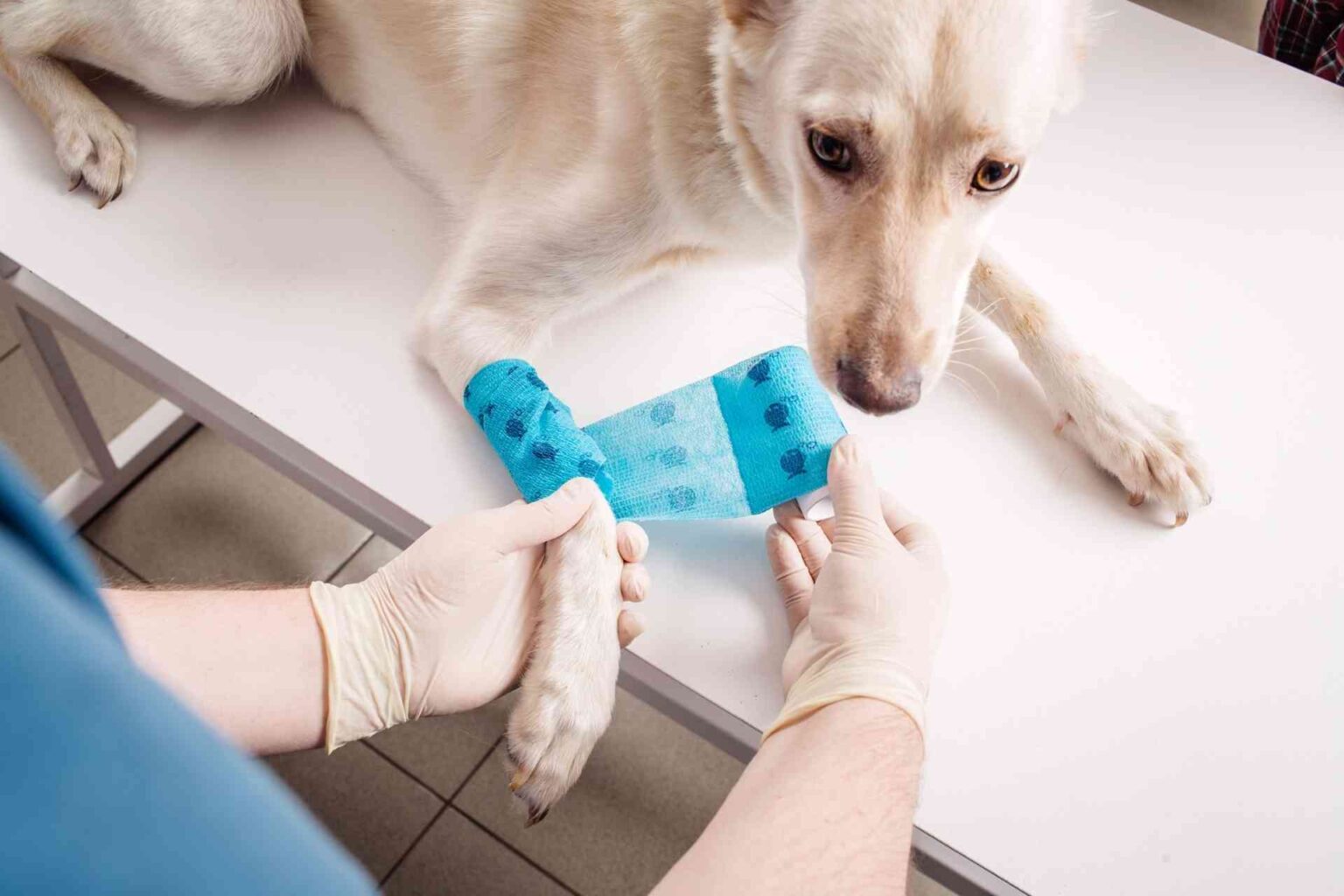Atopic dermatitis is a disease with multifactorial etiology, which is one of the most common causes of itching in dogs and in many cases requires multimodal therapy, in which nutrition plays an important role.
Acting on diet, in fact, can help reduce the dosage of drug therapies taken by dogs and the possible associated side effects.
In particular, some studies have indicated positive effects on signs of atopic dermatitis of supplementation with polyunsaturated fatty acids, particularly omega-3, with polyphenols and with antioxidants such as vitamins E and C. In fact, these substances may play a role in allergy prevention, immunomodulation, and strengthening of the epidermal barrier, helping to reduce inflammation.
A group of researchers conducted a randomized placebo-controlled trial to evaluate the effectiveness of a diet enriched with antioxidants, polyphenols, and omega-3 fatty acids in reducing the clinical signs of atopic dermatitis.
The results of the study
The clinical trial-randomized, double-blind, placebo-controlled-was conducted in Spain at a university veterinary hospital in the Madrid region. 40 dogs were included (18 males and 22 females), who were randomly assigned to two different groups: the study group followed a diet enriched with omega-3 fatty acids, polyphenols and antioxidants (vitamin C and vitamin E) for 60 days, while the control group consumed a standard unenriched diet for the same period of time.
The macronutrient composition of the two diets was superimposable, and the only differences were the different concentrations of omega-3 fatty acids, polyphenols, and antioxidant vitamins.
The degree of severity of atopic dermatitis was assessed using the CADESI-4 index (Canine Atopic Dermatitis Extent and Severity Index-4), which measures the severity and extent of skin lesions (erythema, lichenification, alopecia or excoriations) on a scale of 0 to 3 at 20 anatomical sites; overall scores below 8 are considered normal. CADESI-4 index was calculated at baseline (day 0), after 30 days and at the end of the diet period (day 60).
In addition, dog owners rated-at days 0, 15, 30, 45, and 60-the intensity of their dog’s itching using a previously validated scale from 0 to 10, where 0 indicated no itching and 10 extreme itching; scores below 3.5 are considered normal in this case.
The characteristics of the dogs in the two groups were overlapping in terms of age, gender and body weight, and all animals completed the study.
The overall CADESI-4 index score at 60 days was significantly lower than at baseline (day 0) in the group that had followed the enriched diet, while there were no significant changes in the control group.
Considering the percentage changes in the index, a reduction of 25 percent at 30 days and 48.5 percent at 60 days was found for the group of dogs on the enriched diet, while there was no change over time for the control group.
At day 60, the percentage change in CADESI-4 scores was greater in the enriched diet group than that found in the standard diet control group (-48.5% vs -16.8%).
Regarding the owners’ evaluation of itching, it was found that at day 60 the dogs fed the enriched diet had had a percentage reduction in the itch score of 46.4 percent, which was statistically significant; in the group of dogs that had received the standard diet, the reduction was 26.8 percent, a value that was not statistically significant.
The effects of an enriched diet
“The study shows that a diet enriched with omega-3 fatty acids, polyphenols and antioxidants, substances that promote skin health and reduce inflammation, improves clinical signs of atopic dermatitis in dogs,” the research authors comment. “The significant improvement in atopic dermatitis sign scores reported by both veterinarians and owners is indicative of a positive effect of the diet, not an improvement due to medical therapy alone.”
Reference
De Santiago MS, Arribas JLG, Llamas YM, et al. Randomized, double-blind, placebo-controlled clinical trial measuring the effect of a dietetic food on dermatologic scoring and pruritus in dogs with atopic dermatitis. BMC Vet Res. 2021 Nov 19;17(1):354.





